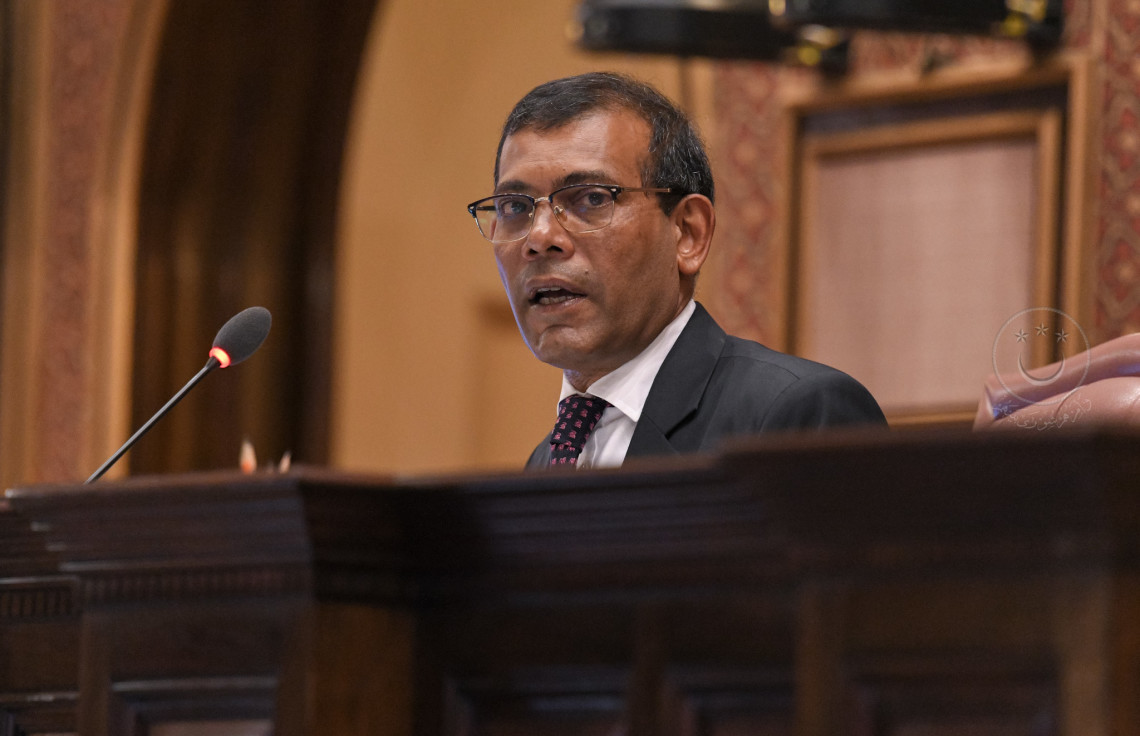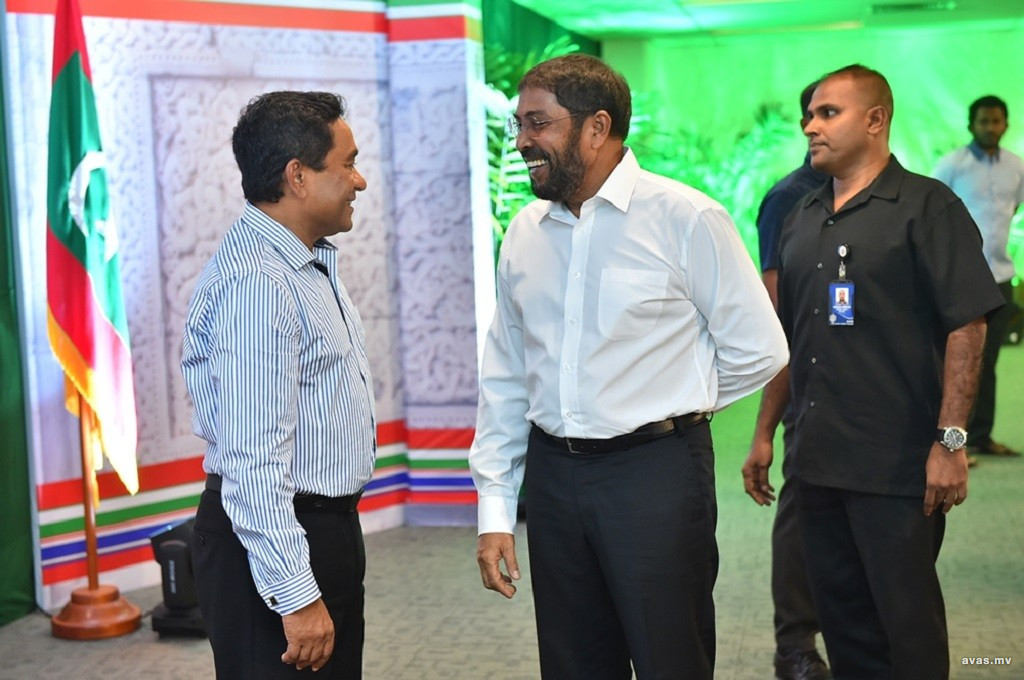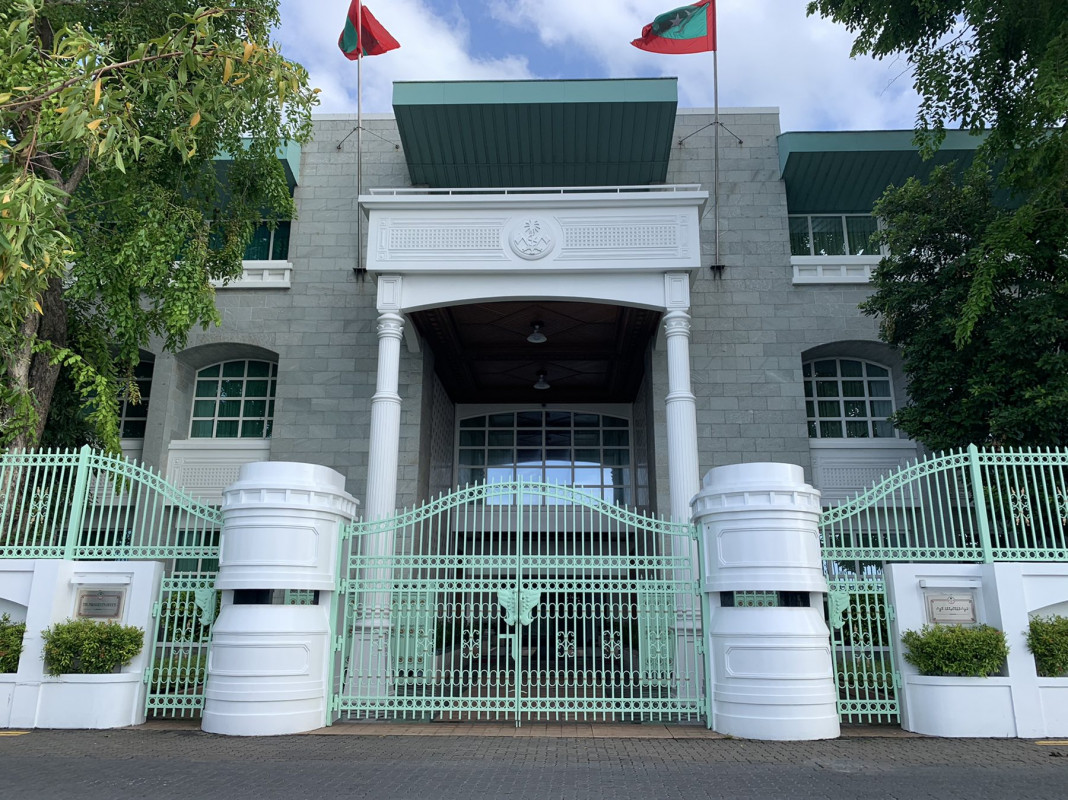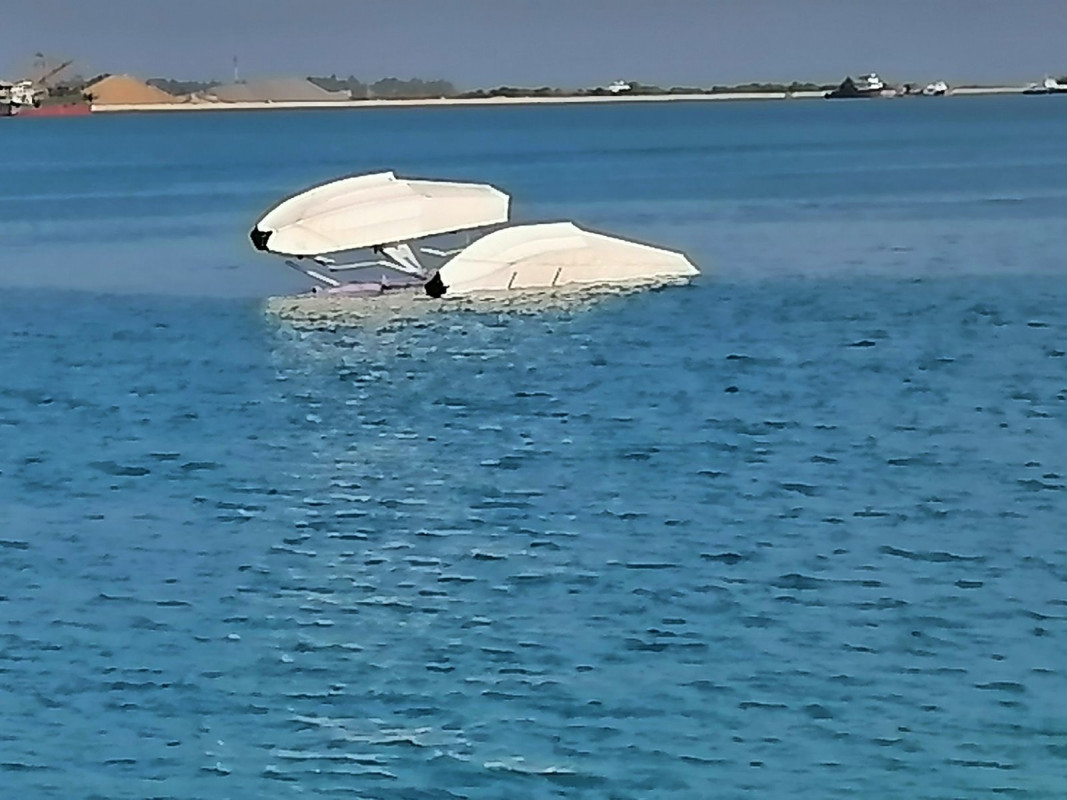Maldives must not only join CDRI but also take initiative to reform coalition: speaker
President forwarded the motion to CDRI back in October


Speaker and former President, Mohamed Nasheed
Maldives must join the charter of the Coalition for Disaster Resilient Infrastructure (CDRI) and take initiative to reform the international coalition, says Speaker Mohamed Nasheed.
The speaker and former president made the statement during Tuesday’s parliament sitting, where the motion on joining CDRI was forwarded to the committee on environment and climate change for further review.
Noting that the committee is to question the president regarding the motion, Nasheed said that the country needs to do more than just join the organization. As such, he said that the island nation must take the initiative to reform CDRI and show leadership in the international community.
President Ibrahim Mohamed Solih made the decision to seek the parliament’s consideration for the country to join CDRI, back in October, following recommendation from the cabinet.
In the letter to the People’s Majlis, the president noted that the CDRI is a partnership of national governments, UN agencies and programmes, multilateral development banks and financing mechanisms, the private sector, and knowledge institutions that aims to promote the resilience of new and existing infrastructure systems to climate and disaster risks, thereby ensuring sustainable development.
Maldives expressed support for the charter introduced by neighboring India, at the 74th United Nations General Assembly in 2019, as it “promotes investments in disaster-resilient infrastructure development and aligns with the government’s strategic action plan”.
Noting that the main aim of the charter is “to develop resources and measures to mitigate the impact on infrastructure resulting from crises related to climate change, and to seek avenues for adaptation in existing infrastructure”, the President’s Office said that “the aim, vision and mission of the charter were compiled to include aspects of the Sustainable Development Goals, and climate change addressed in the Paris Agreement; the Sendai Framework for Disaster Risk Reduction; and the 2030 Agenda for Sustainable Development”.
It further noted that the collaborative partnership enables the “exchange and spread of scientifically accurate knowledge, enabling the contribution of all stakeholders to strengthen the resilience of infrastructure systems”.






